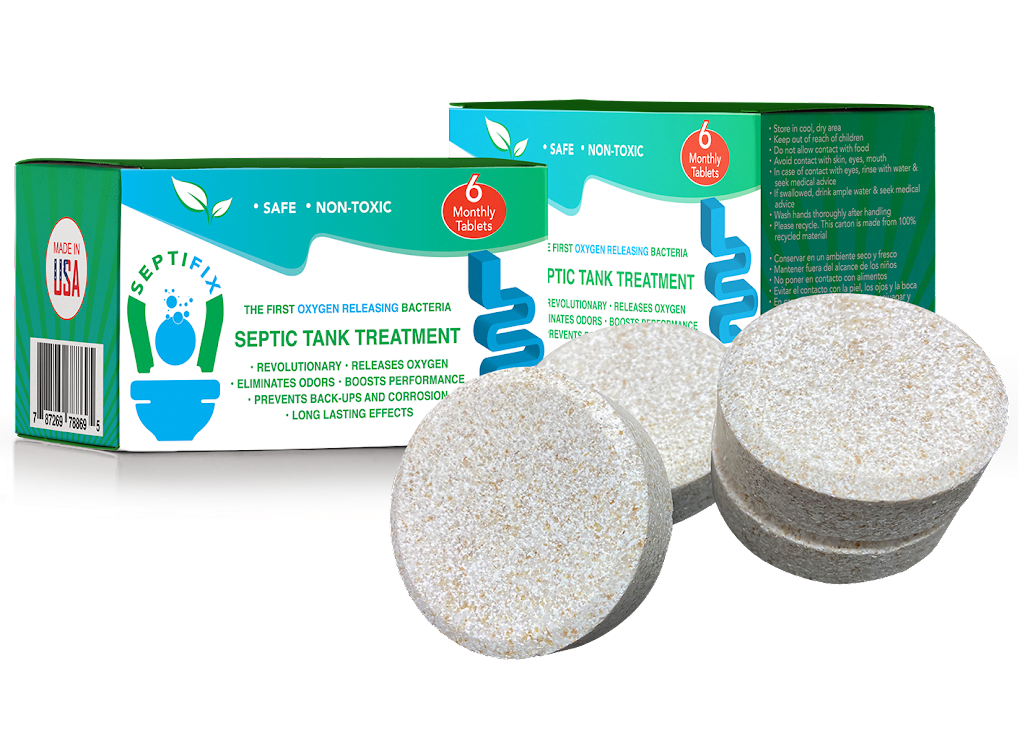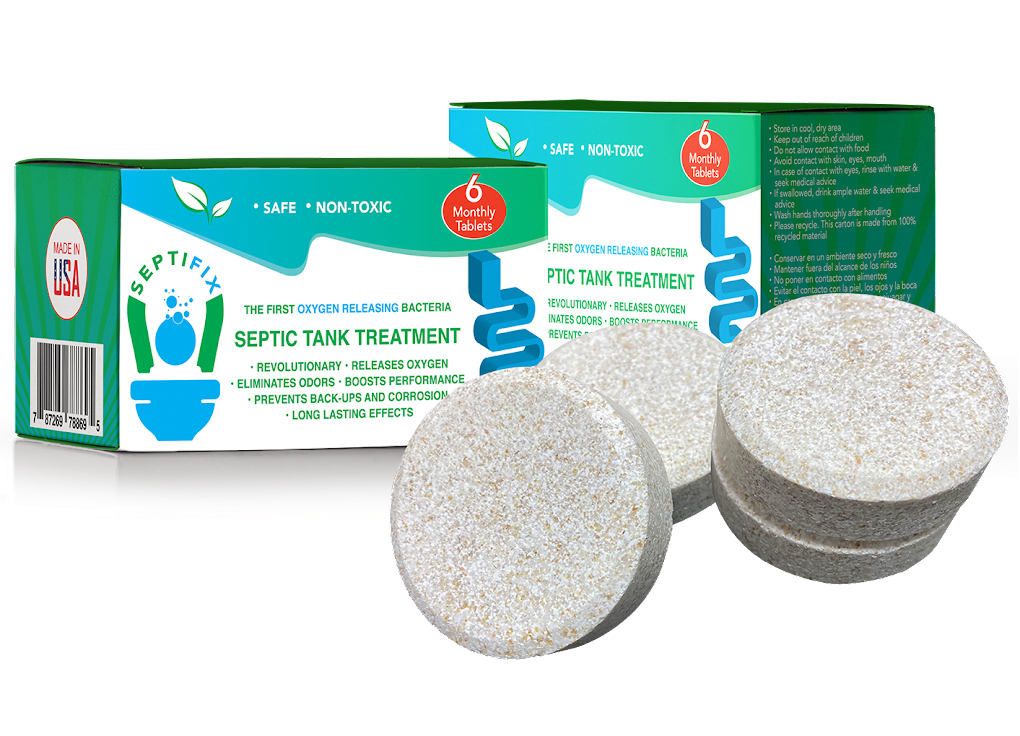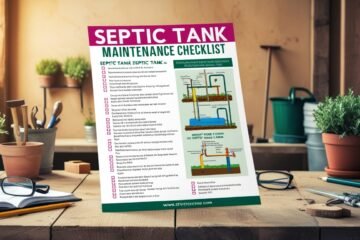If you own a septic tank, the ominous bubbling or gurgling sounds coming from your plumbing can signal that something isn’t quite right with your system. While these noises do indicate a problem, the good news is that a bubbling septic tank is usually fixable. In this guide, we’ll explain why your tank might be making these noises, provide troubleshooting tips, and offer solutions to prevent it from happening again.
Understanding Your Septic System
Before we explore the causes of the bubbling, let’s quickly review how your septic system works. Unlike properties connected to a municipal sewer line, your home has its own miniature wastewater treatment plant right in the backyard. There are two main components to this system:
- The Septic Tank: Wastewater from your home flows into this large, underground tank (usually made of concrete or fiberglass). Solids settle to the bottom as a sludge layer, while lighter fats, oils, and grease float to the top as scum.
- The Drainfield: The partially treated water, called effluent, then flows from the tank into a network of perforated pipes buried in trenches called the drain field. This is where the soil filters the effluent, further purifying the wastewater before it re-enters the groundwater.
Why the Bubbles? Causes of Septic Tank Bubbling

SEPTIFIX will save you hundreds, if not thousands of dollars each year, because your septic system will run smoothly and you won’t have to worry about calling the pumpers or a plumber for a fix!
Click here to save up to 50%
Now, let’s take a look at the most likely culprits behind a bubbling septic tank:
- Full Septic Tank: This is the most common reason. When your septic tank fills with sludge and scum, there’s little space for incoming wastewater. This displaces air within the system, causing bubbling and gurgling sound back through your pipes and drains.
- Clogged Inlet or Outlet Baffles: Inside your tank, baffles at the inlet (where wastewater enters) and outlet (where effluent leaves) prevent sludge and scum from exiting into your drain field. If a clog occurs, gases can become trapped, leading to bubbling.
- Drainfield Problems: Your drain field might be saturated or malfunctioning, making it unable to accept effluent from the tank. This can force water and air back into the tank, creating bubbles. Problems like tree root intrusion, crushed pipes, or soil compaction can cause a failing drain field.
- Bacterial Imbalance: Healthy bacteria are essential for breaking down waste inside your septic tank. However, harsh cleaning chemicals or medications like antibiotics can disrupt this balance, slowing down the breakdown process, which can cause excess gas and bubbling.
- Plumbing Vents: If the plumbing vents on your roof are blocked, it can create problems with pressure throughout your pipes. This pressure change may draw air through the system and into the septic tank, resulting in a bubbling sound.

SEPTIFIX will save you hundreds, if not thousands of dollars each year, because your septic system will run smoothly and you won’t have to worry about calling the pumpers or a plumber for a fix!
Click here to save up to 50%
Troubleshooting: What to Do About a Bubbling Septic Tank
- Is Your Tank Full? The first thing to check is whether your tank is full and needs to be pumped. Most septic systems should be pumped every 3-5 years; the exact frequency will depend on your tank’s size and how many people live in your home. A professional can inspect the tank or you can carefully check the sludge level yourself.
- Investigate Drainfield Issues: If your tank isn’t full, take a look around your drain field area. Are there soggy, wet spots, foul odors, or overly lush vegetation? These could indicate a failing drain field; unfortunately, these issues often require professional help.
- Bacterial Boost: Consider boosting the good bacteria in your tank with a septic treatment product. Regular use of products like Septifix tablets helps maintain the right bacterial balance, which can prevent excess gas buildup.
- Plumbing Vent Check: Check any rooftop plumbing vents to ensure they’re free from blockages, such as birds’ nests or debris.
- When to Call a Professional: Don’t hesitate to contact a septic system professional if you suspect drain field damage, clogged baffles, or a serious bacterial imbalance. Ignoring these problems can be costly and might even lead to a complete system failure.


